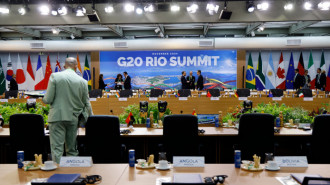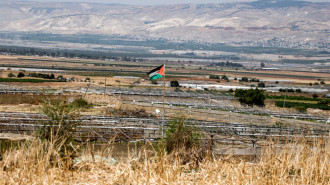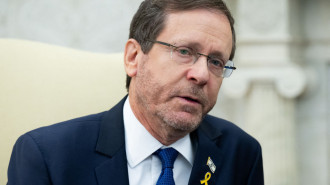Sudanese army denies UAE diplomatic post attack amid Khartoum offensive against RSF
The United Arab Emirates (UAE) has held the Sudanese Armed Forces (SAF) responsible for the "heinous attack" on its ambassador's residence in Khartoum on Monday.
According to the UAE's foreign ministry, a "Sudanese military aircraft" attacked the building in the southern al-Mujahideen neighbourhood, an area under the control of the paramilitary Rapid Support Forces (RSF), causing significant damage.
Several Arab countries and international organisations have denounced the recent attack on the UAE embassy, calling it a flagrant attack on diplomatic property and a serious breach of international law.
However, the SAF categorically denied these allegations, condemning the attacks as "shameful and cowardly acts" and blaming the incident on its rival, the RSF.
Sudan's Foreign Ministry, in its statement, accused the RSF of attacking more than 40 diplomatic missions since the conflict began in April 2021.
The statement also added that the property the UAE claimed was attacked was a private home owned by a Sudanese national who was killed by the RSF, not a diplomatic location.
"The ongoing conflict was why many embassies, including the UAE embassy, had relocated to Port Sudan," the statement read.
The attack on the UAE embassy took place during a major military offensive by the Sudanese army that began in late September to retake strategic areas of the Sudanese capital.
SAF has captured several significant locations since 25 September, including the Halfaya Bridge and the White Nile Bridge, but it has also damaged civilian infrastructure, including the al-Razi and al-Raqi hospitals, as well as several towers and civil facilities. Intense fighting still rages on in the region.
A source close to SAF told The New Arab that nearly a dozen Emirati soldiers were killed by the Sudanese army while they were assisting RSF militants in setting up an anti-aircraft defence system at Nyala Airport.
During a press conference, Malik Agar, the deputy chairman of the Sovereignty Council for Sudan, described the UAE's accusations as "pure fabrication."
He dismissed the accusations as unfounded, pointing to satellite photos demonstrating the undamaged ambassador's home.
Agar further suggested that the UAE used the incident as a pretext for "future schemes."
The army has repeatedly accused the UAE of supplying weapons and backing the RSF in Sudan's 17-month war, accusations the Gulf state denies.
UN sanctions monitors, however, have called claims of the UAE's military support for the RSF credible.
Political analyst Tahir Satti told TNA that the RSF had not changed its combat tactics since the conflict began, when it turned diplomatic sites into military bases.
Satti noted that the RSF's actions reflect a broader strategy to entrench itself in urban areas by occupying key civilian and diplomatic sites.
"The RSF aims for military dominance while manipulating international perceptions, attempting to provoke the SAF into confrontations near sensitive locations like diplomatic missions," he added. "This strategy makes it increasingly difficult for the SAF to conduct operations without causing collateral damage, which the RSF seeks to exploit for propaganda."
"There's no denying that the Port Sudan government was responsible for the attacks on the residence of the Emirati ambassador. The photo and video evidence is too compelling," journalist Hady Razi, who has been reporting on-ground in Khartoum, told TNA.
"It's illogical to say this is an RSF attack," he continued. "Why would the RSF control a region that they control? It would be more reasonable for the army to acknowledge that these sites were targeted as military objectives."
Journalist Kamal Abdulrahman told TNA that the attack on the UAE ambassador's residence occurred alongside a sharp rise in anti-Emirati sentiment, driven by Muslim Brotherhood-affiliated media outlets and statements from military figures such as Yasser al-Atta.
"In April, a member of the jihadist battalions allied with the army had even threatened to target UAE interests," he added.
Abdulrahman said that reports of al-Bara battalions directing air operations suggest that the targeting of the ambassador's residence may be part of a broader campaign. He warned that despite the army's claims of precision in airstrikes, such actions could have severe diplomatic and legal repercussions.
Kabir agrees that the army's strategy becomes apparent as it attacks the UAE whenever fighting intensifies, fuelled by military leaders' belief that it backs the RSF.
"This rhetoric reflects the views of elements from the former regime, who blame the UAE for their government's downfall and perceive it as hostile to the Muslim Brotherhood," he added.
He cautioned that if the Port Sudan government continues along this path and severs ties with the UAE, relations between the two nations could become hostile, ultimately leaving SAF at a significant disadvantage.
Professor of International Law Zuhal Al-Amin said to TNA that the 1961 Vienna Convention on Diplomatic Relations guarantees the immunity of diplomatic premises and prohibits attacks on them.
She emphasised that the host state must take the necessary measures to prevent the invasion or damage to diplomatic buildings and ensure their security.
Al-Amin also notes that the premises in question were vacant of diplomats in Khartoum.
"Suppose the Sudanese army suspects these empty premises are used for non-diplomatic purposes, such as military barracks or weapons storage. In that case, it has the right to treat them as military targets under the law," she added.
However, al-Amin added that diplomatic agreements and international law allow the UAE to seek accountability for any violations related to its diplomatic premises.
The United Nations reports that the ongoing war in Sudan has resulted in over 14,000 deaths and 33,000 injuries and left nearly 25 million people—half the country's population—in dire need of humanitarian assistance. While the RSF maintains control over Khartoum, the SAF has recently launched renewed efforts to retake the capital.
As the conflict rages on, the diplomatic stand-off between Sudan and the UAE complicates an already devastating war. Despite the accusations, the UAE Embassy in Sudan continues to operate from Port Sudan without interference, according to Sudanese officials.
Requests for comments from the army spokesperson and the RSF to TNA went unanswered.
This article is published in collaboration with Egab.
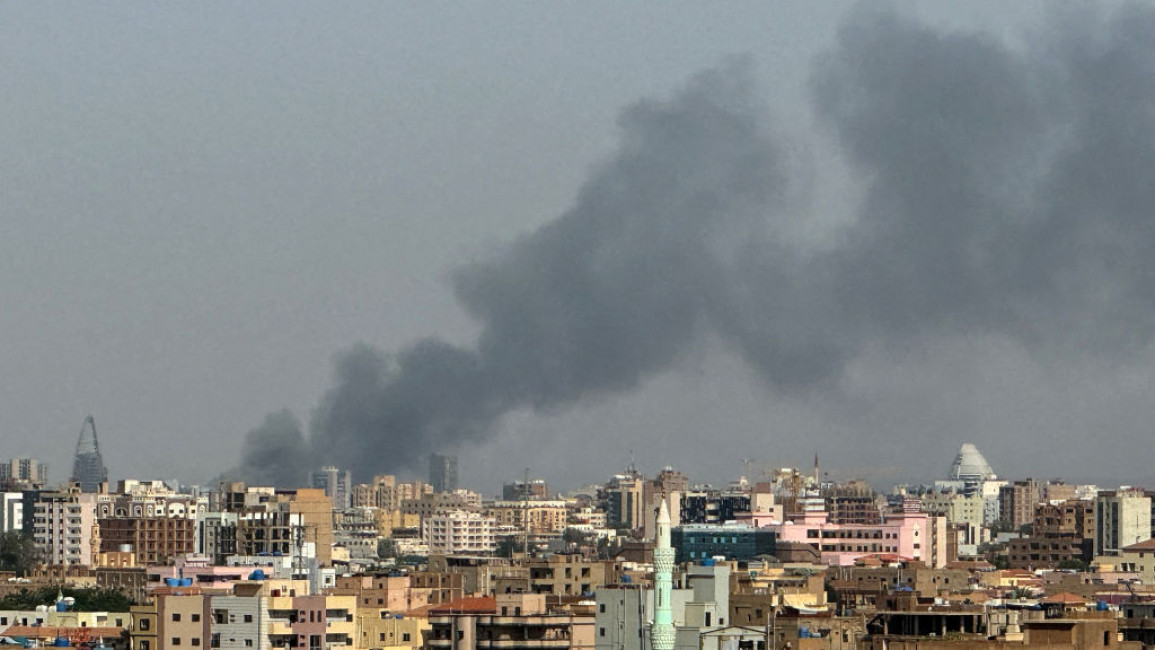
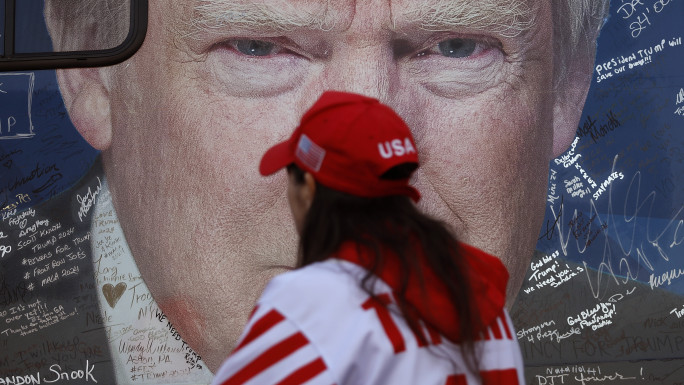
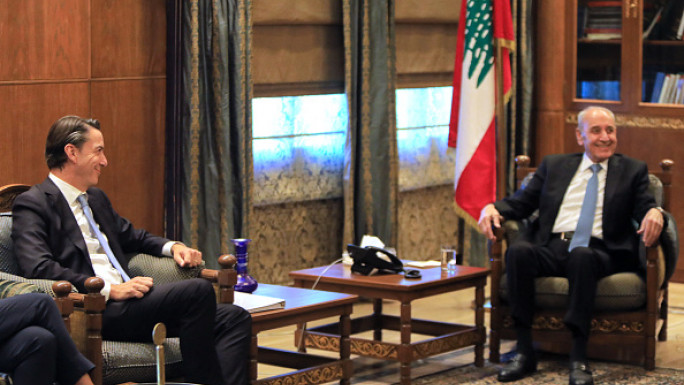
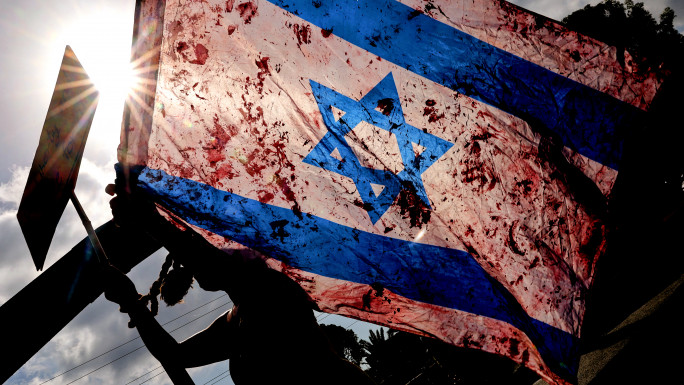
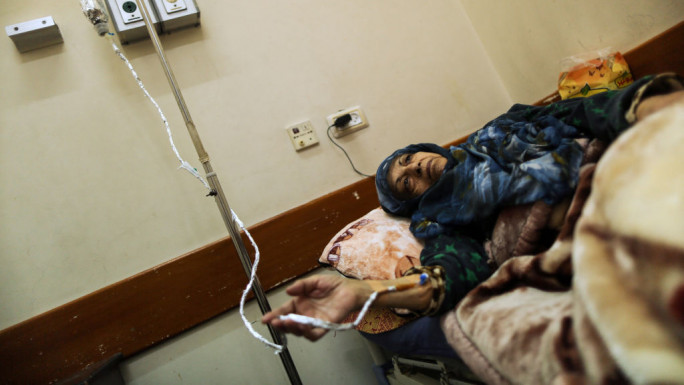
 Follow the Middle East's top stories in English at The New Arab on Google News
Follow the Middle East's top stories in English at The New Arab on Google News
